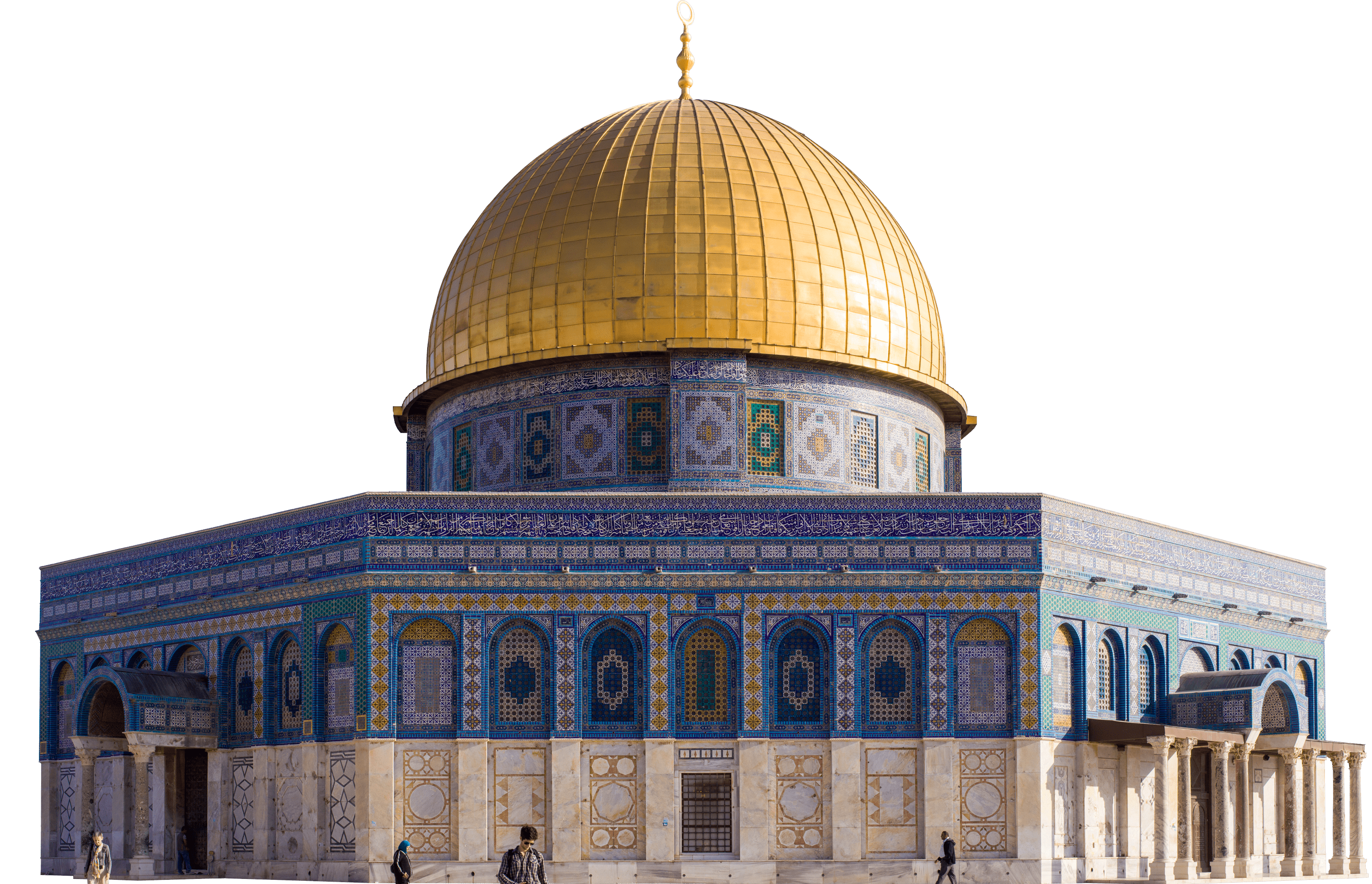
A believer is permitted to complain and carry his/her complaint about life’s challenges directly to Allah via prayers and supplication of lamentwrites Imam A. Rashied Omar.
Al-Isra’ wal Mi`raj i.e. the Prophet Muhammad (pbuh)’s miraculous night journey from al-Masjidul Haram to al-Masjidul Aqsa, and his subsequent Mi`raj, i.e. his ascension through the heavens, occurred at one of the most difficult periods in the life of the Prophet (pbuh). Many scholars have concluded that these difficult circumstances could be described as the cause of the nocturnal journey (sabab al-miraj). I furthermore contend that it was in response to the heartfelt supplication (du`a) that the Prophet (pbuh) made after his humiliation in the city of Ta’if that Allah, the Lord of Compassion, chose to take him on the mystical journey of al-Isra’ wal-Miraj.
In this khutbah I would like to reflect on the significance and meaning of the Prophet (pbuh)’s supplication (du`a) of anguish and despair that he made while he laid outside the city of Ta’if a forlorn and scorned man. This pre-eminent supplication (du`a) holds rich and multi-vocal teachings for us. Here I will identify four (4) such profound teachings.
The first lesson that the Prophet’s (pbuh) supplication (du`a) teaches us is that it is permissible to complain/lament to Allah. The Prophet (pbuh) commences his du`a with the following words: “O Allah I complain to you”.
The Arabic verb Sh K W and its corresponding noun Shakwa means to lodge a complaint.The du`a of Ta-if can thus be described as a prayer of lament. The Qur’an contains two similar prayers of complaint or lamentation.In Surah Yusuf, Chapter 12 verse 86, Prophet Ya`qub is recorded as lamenting only to Allah about his grieving for the loss of his son Yusuf (Q12:86).
A second prayer of complaint or lamentation can be found in Surah al-Mujadalah, Chapter 58 verse 1, where a woman by the name of Khawlah bin Tha`labah protested to the Prophet (pbuh) about the unjust nature of the pre-Islamic divorce called zihar and she carried her complaint to Allah. The Qur’an records Allah as having heard and responded to her complaint and prayer of lament(Q58:1).
The lesson here is clear that the believer is permitted to complain and carry his/her complaint about life’s challenges directly to Allah via prayers and supplications of lament.
This brings me to my second lesson from the Prophet (pbuh)’s supplication after his torment at Ta-if. At his lowest ebb and most difficult moment the Prophet (pbuh) invokes Allah as follows: “You are the Lord of the Oppressed, and You are my Lord and Sustainer”.
From this form of invocation, the du`a of Ta-if teaches us that the believer is especially allowed to complain to Allah when she or he is oppressed or is afflicted with or faced with an injustice. In this regard, an instructive hadith reported by the companion Anas ibn Malik and recorded in the Musnad of Imam Ahmad informs us that the Messenger of Allah, peace and blessings be upon him, proclaimed: “Beware of the supplication of the oppressed, even if s/he is an unbeliever, for there is no barrier between it and Allah.”
The third lesson from the Prophet’s (pbuh) supplication after Ta-if is that he is not unwilling to undergo trials and difficulties with respect to his Divine mission as long as he enjoys Allah’s pleasure. The Prophet (pbuh)’s chief concern as reflected in the supplication of Ta-if is about not incurring Allah’s displeasure in the manner in which he is executing his Divine mission. This also teaches us that even if the cause of the oppressed may be just they still need to do their best under difficult circumstances to prosecute their struggles for justice with honour and dignity.
The fourth and final lesson from the Prophet’s (pbuh) supplication after his ordeal at Ta-if, that I would like to highlight is the unique manner in which the Prophet (pbuh) sought refuge and safety in Allah, the Most High. He invokes his Lord and Sustainer with the following unprecedented words: “I seek refuge and safety in the Light of Your Countenance”.
According to Martin Lings, in his well-known biography Muhammad: His Life Based on the Earliest Sources, Allah responded to the words of the above supplication of the Prophet by enshrouding the Lote Tree with Divine Light, a sign which the Prophet witnessed during the summit of his mi`raj. Lings supports his contention by quoting the famous Qur’an commentator, Ibn Jarir al-Tabari’s exegesis on verses 16, 17 and 18 of chapter 53, Surah al-Najm.
In conclusion, the Prophet’s (pbuh) supplication after Ta-if should not only serve as a source of solace to us at this difficult time of a pandemic but also as a source of inspiration to motivate us to carry our distress and lamentations directly to Allah, the Lord of Compassion. We can do this through our sincere supplications made in our own words and language. For, supplication and prayer are the essence of worship, and it is the solace, succour and balm of the believer, especially during times of trials and suffering. The Prophet’s (pbuh) supplication at Ta-if teaches us that supplication and prayer keeps us real and humble by making us realize that even though our human agency is important, there are factors in our lives beyond our control when we need Divine grace. And the supplication at Ta-if illustrates that we too can lament to Allah to seek this Divine grace and trust that Allah will grant this in ways we may not even comprehend.
A Translation of the Du’a at Ta’if
‘O my Lord! I complain to you of my weakness, the lack of my resourcefulness and of my humiliation before the people.
O most Merciful of those who are merciful. You are the Lord of the oppressed and my Lord.
To whom have you entrusted me, to an unsympathetic foe, who receives me with hostility, or to an enemy to whom you have given control over my affair?
I do not care for anything so long as you are not displeased with me. Your pardon is that which I desire the most.
I seek shelter and assistance in the light of your countenance, which dispels all sorts of darkness and which remedies the condition of this world and the hereafter.’


